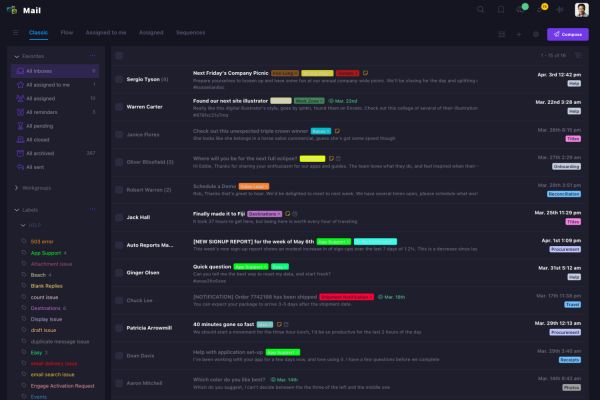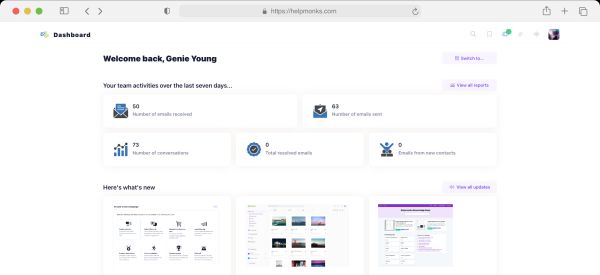
Introducing new pricing for Helpmonks
Discover Helpmonks' new pricing structure, featuring a flexible PRO plan, a FREE plan for smaller teams, and an exciting affiliate program. Experience unparalleled email management solutions today!
Read nowI just went trough some issues with a PHP5 installation on some of our WordPress servers. To spare you of the details, why I had to do that, I simply post the solutions here (strange enough searching for these issues online gives you “trillions” of results, but no solution…).
1. Removing PHP5 and re-installing
When you are in need to remove and re-install PHP5, you should use the “–purge” parameter like; “apt-get –purge remove php5”. Now, while this seams to work and when you re-install PHP5 it strangely gives you feedback of “Not replacing deleted config file /etc/php5/apache2/php.ini” during re-installation.
In short, the re-installation does NOT install a php.ini file. While this might not be a issue for some, it was in my case. Luckily, there are some default php.ini files that one can copy. Depending on your server they might be in different places (mine were at /usr/share/php5). So, all there was to do is to copy the file with: “cp /usr/share/php5/php.ini-production /etc/php5/apache2/php.ini”.
2. Your PHP installation appears to be missing the MySQL extension which is required by WordPress
While the above might not be major issue, the message I received from our WordPress installation of “Your PHP installation appears to be missing the MySQL extension which is required by WordPress” was worrying. Nothing that I tried, re-installing PHP5, enabling modules, checking Apache and MySQL solved it. Also, searching for this online, did not help at all, since almost every entry simply tells you to re-install php5.
Ok, so how did I get it solved? After hours of hours the solution is too simple. All I had to do, was to explicitly, enable the extension in the php.ini file with:
extension=mysql.so
extension=mysqli.so
Saved the file, restarted Apache and finally I got the MySQL parameters in the PHP Info page and all blogs worked again. One would think that the apt-get installation routine would do this automatically since I was using “apt-get install php5-mysql”, but alas as I found out the hard way, this is not so.
Hope this helps someone out there.

Discover Helpmonks' new pricing structure, featuring a flexible PRO plan, a FREE plan for smaller teams, and an exciting affiliate program. Experience unparalleled email management solutions today!
Read now
Dynamic email signatures increase brand visibility, build brand identity, and boost conversions. Learn how to create and update dynamic email signatures.
Read now
Looking for an email marketing automation software? This guide shows what to look for. We'll also review the best tools for your online marketing needs.
Read now
Using customer engagement solutions helps you keep your existing customer base and grow. Here are the top 10 customer engagement solutions for your business.
Read now
Empower your team and delight your customers.
